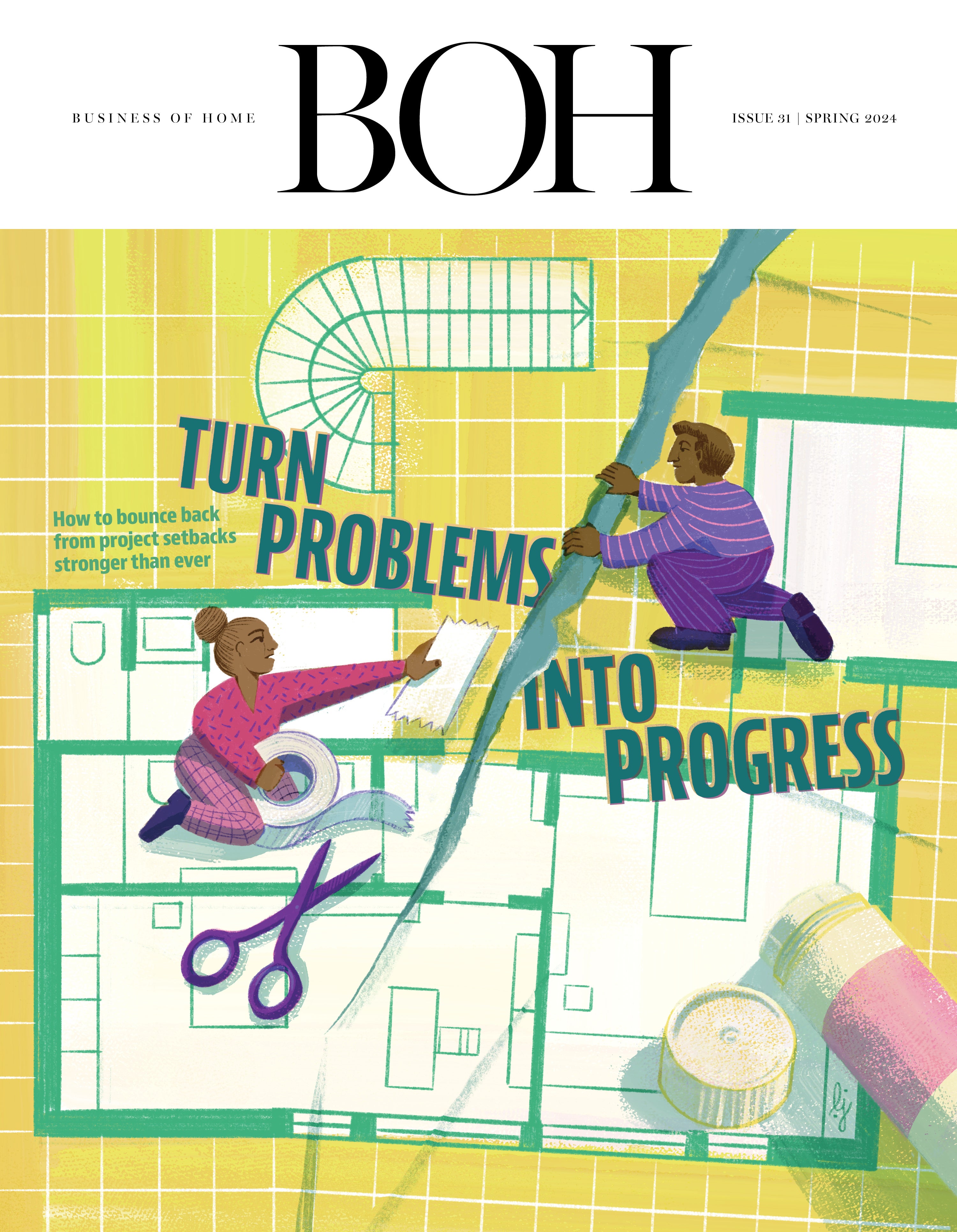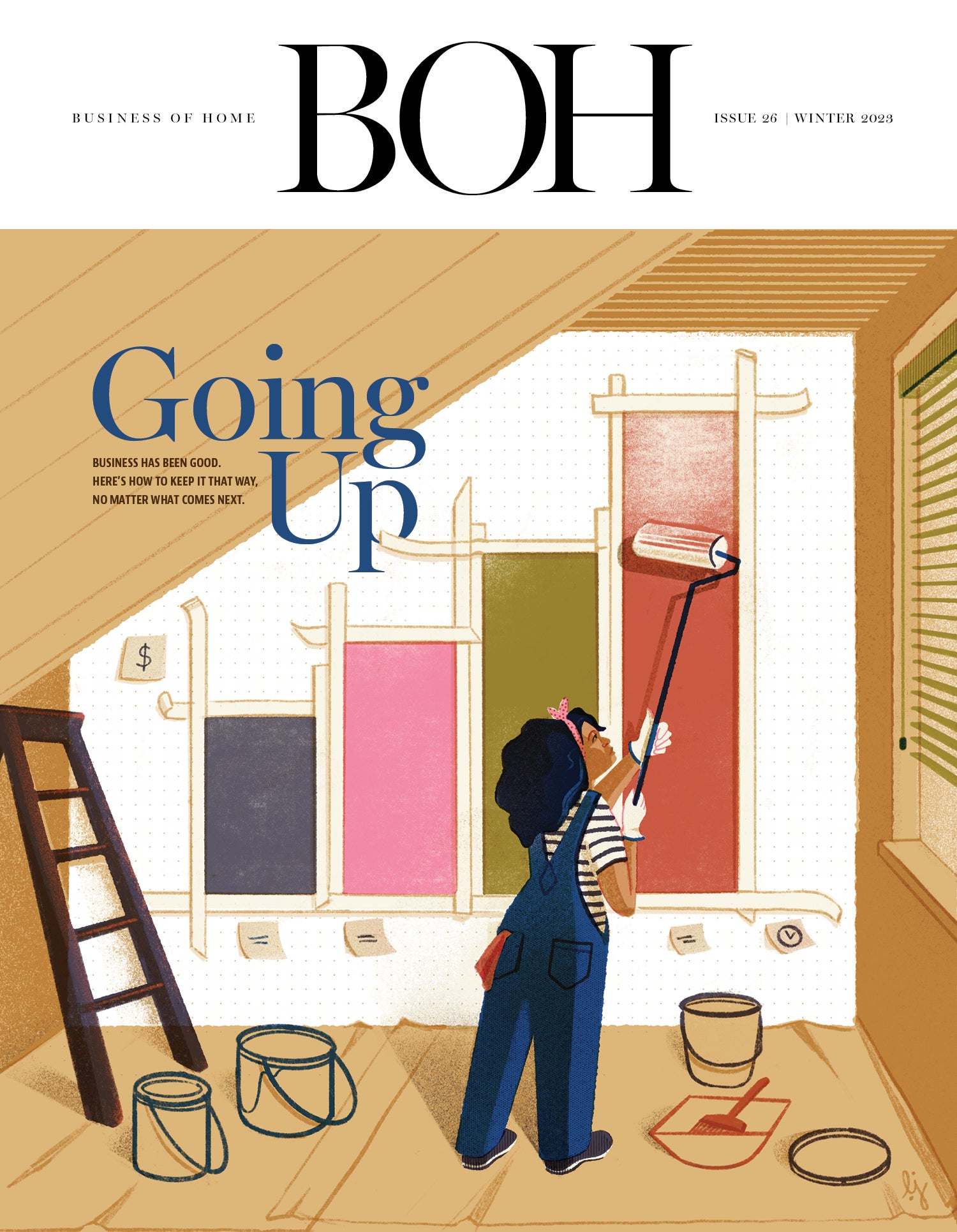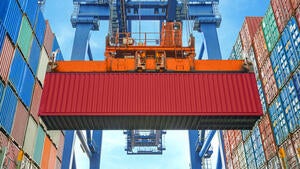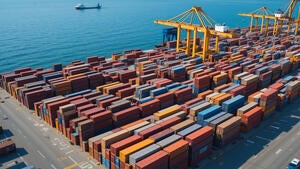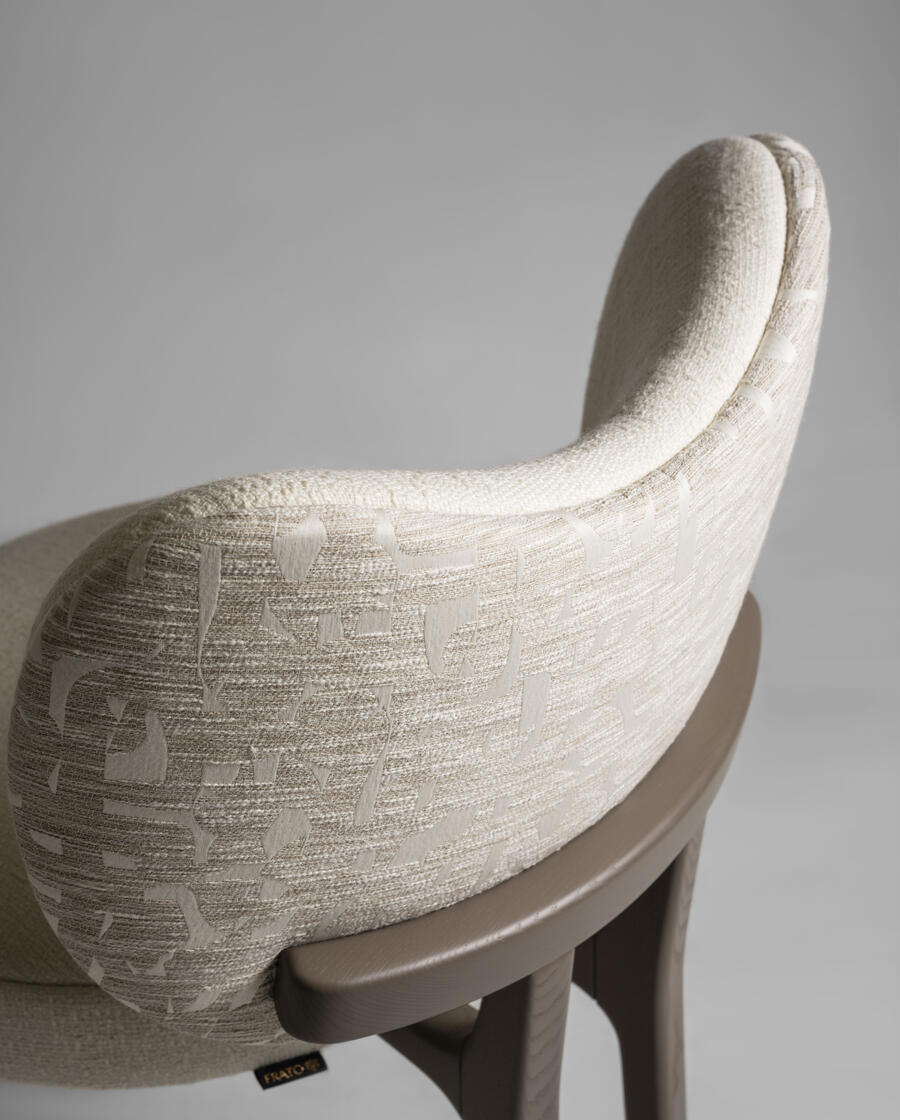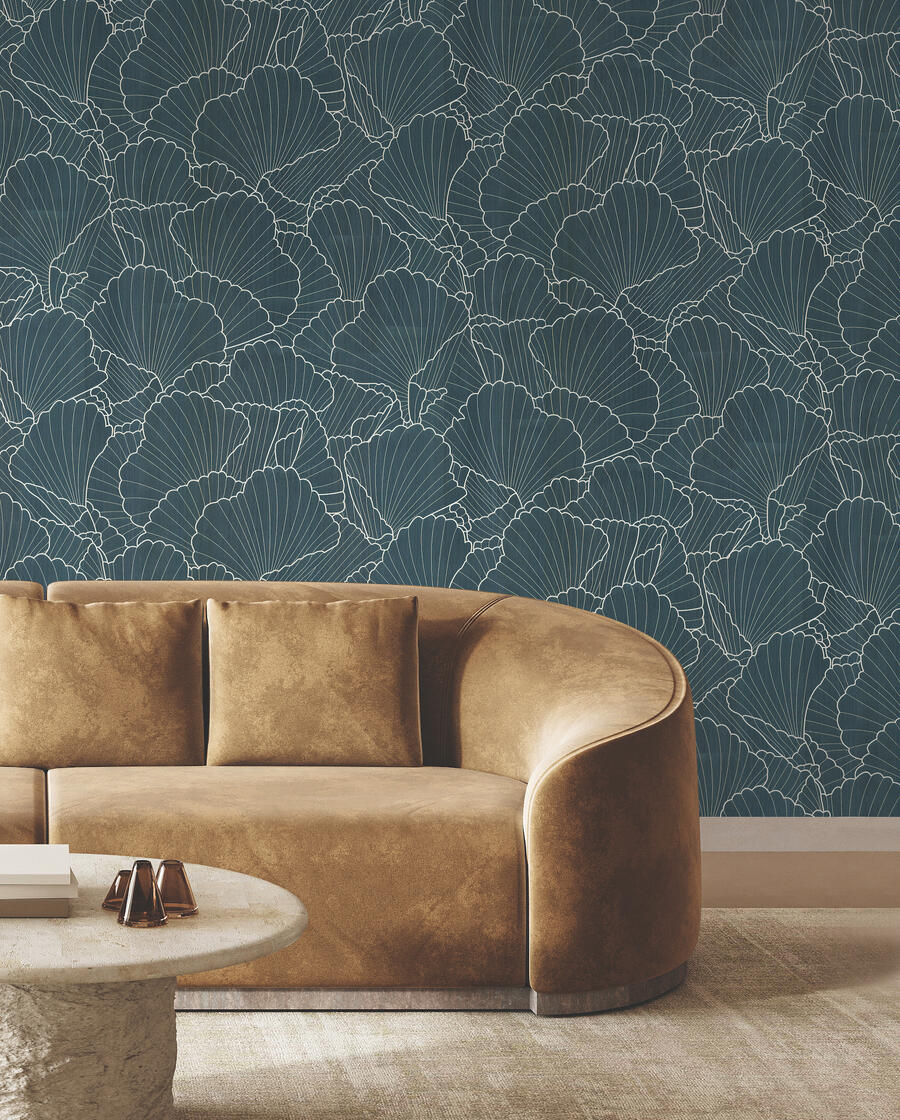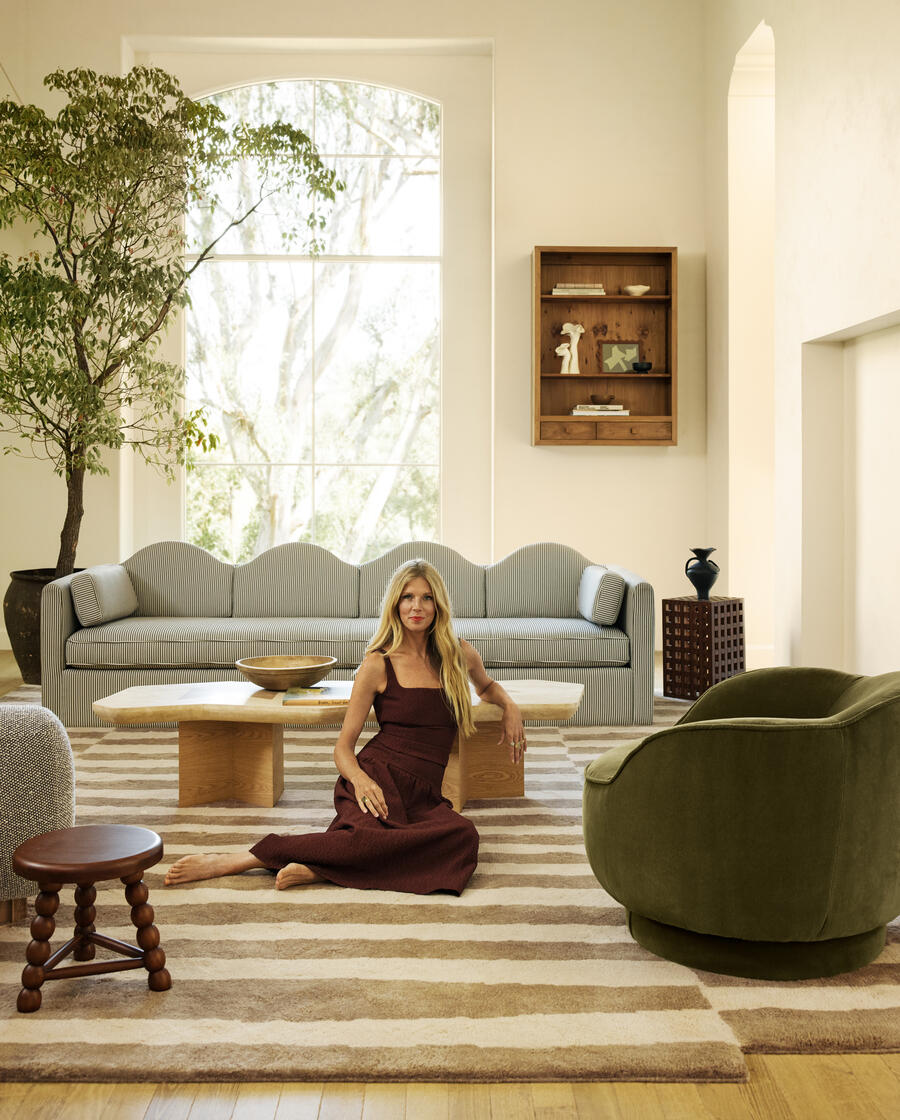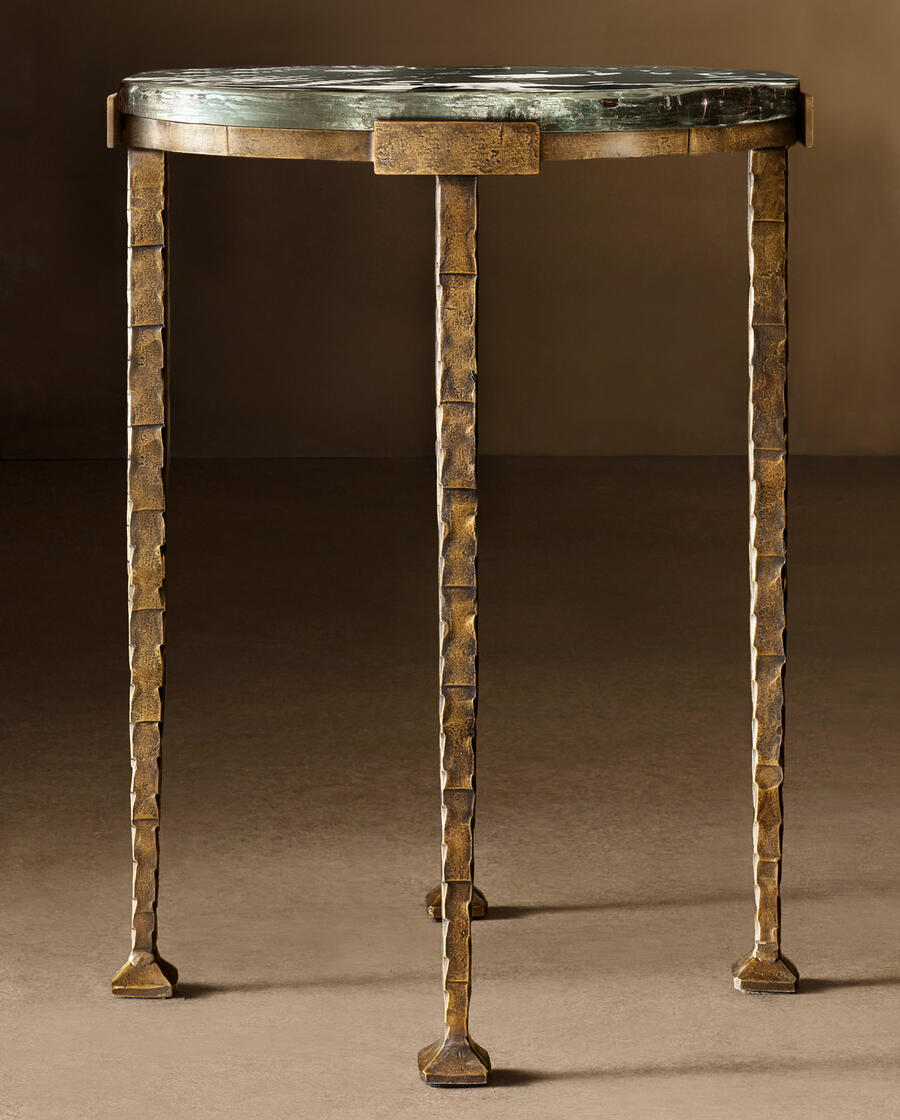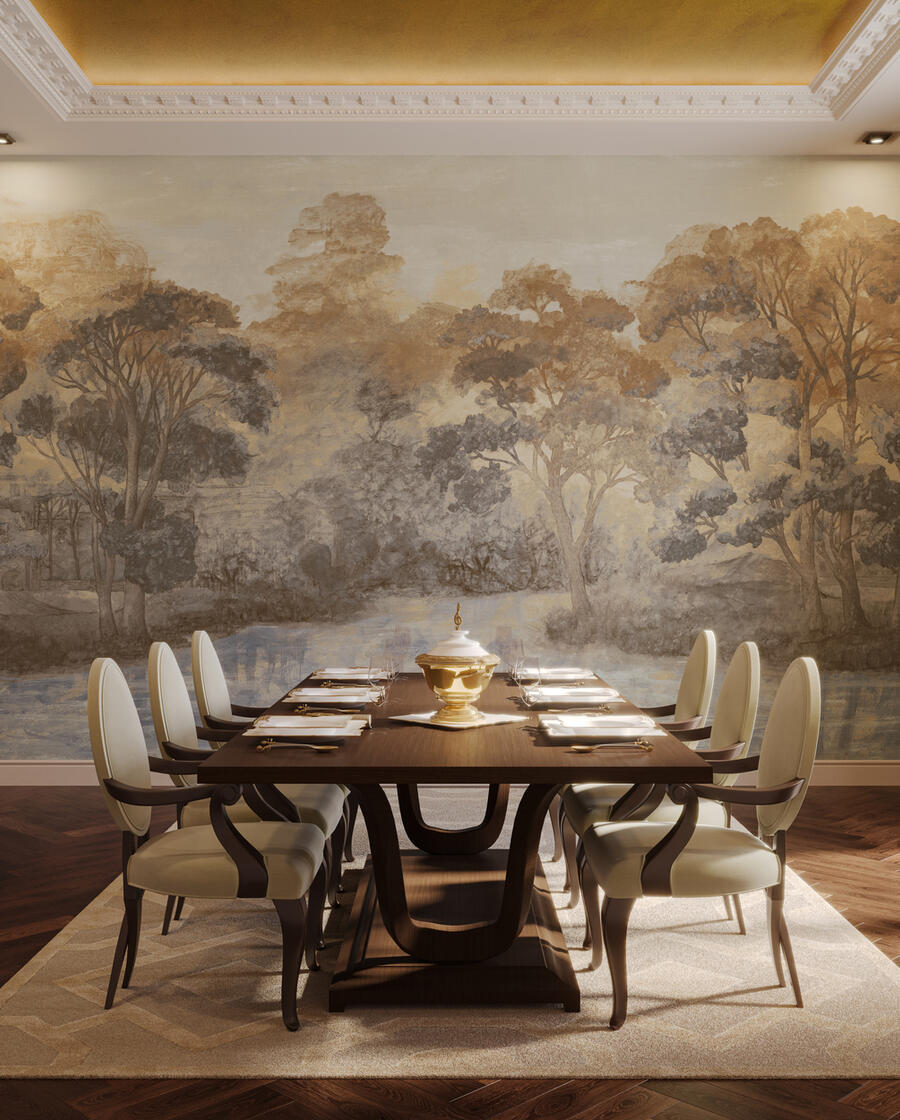At the end of August, President Trump promised an investigation that would lead to new tariffs on furniture. Since then, details have remained sparse. Many industry executives, speaking on background, have said there has been no dialog with the administration, and speculation about what categories might be targeted—and at what rate—has run rampant. Late Thursday night on social media, the president broke his silence on the issue to announce a new round of import duties, set to affect millwork and upholstery starting next week.
“We will be imposing a 50% tariff on all Kitchen Cabinets, Bathroom Vanities, and associated products, starting October 1st, 2025,” wrote the president on Truth Social. “Additionally, we will be charging a 30% Tariff on Upholstered Furniture. The reason for this is the large scale ‘FLOODING’ of these products into the United States by other outside Countries. It is a very unfair practice, but we must protect, for National Security and other reasons, our Manufacturing process. Thank you for your attention to this matter!”
At press time, it remained unclear whether these new tariffs would be stacked on top of the on-again, off-again country-specific “reciprocal” duties that have rolled out over the summer, or replace them. In addition to home industry tariffs, the president promised new duties on pharmaceuticals and semi-trucks, ranging from 25 to 100 percent.
Thus far, the administration’s trade policy has received mixed reviews from the furniture industry. While many have reacted positively to the overall goal of rebuilding domestic capacity, there has been widespread skepticism that blanket tariffs on countries around the world would achieve that goal, and industry groups like the American Home Furnishings Alliance have lobbied against tariffs.
The exception is the cabinet industry. Only yesterday, the American Kitchen Cabinet Alliance—an industry trade group—issued a press release urging the president to “sign a Presidential Proclamation imposing a robust Section 232 tariff rate on lumber and derivative products, including cabinetry,” wrote the organization. “According to [15 industry CEOs], 250,000 good-paying American manufacturing jobs are on the line due to the flood of unfairly traded foreign cabinets and component parts from Vietnam, Malaysia, Cambodia, China, Mexico, Indonesia and Thailand overwhelming the U.S. market.”
Though details remain sparse, it’s likely that the president will be relying on Section 232—a provision of U.S. trade law that allows the executive branch to levy import duties when facing a threat to national security—to implement these new tariffs. The administration’s country-specific tariffs, which were enacted under the International Emergency Economic Powers Act, are facing a legal challenge that will be decided by the Supreme Court. Oral arguments in that case are expected to be heard in early November.








